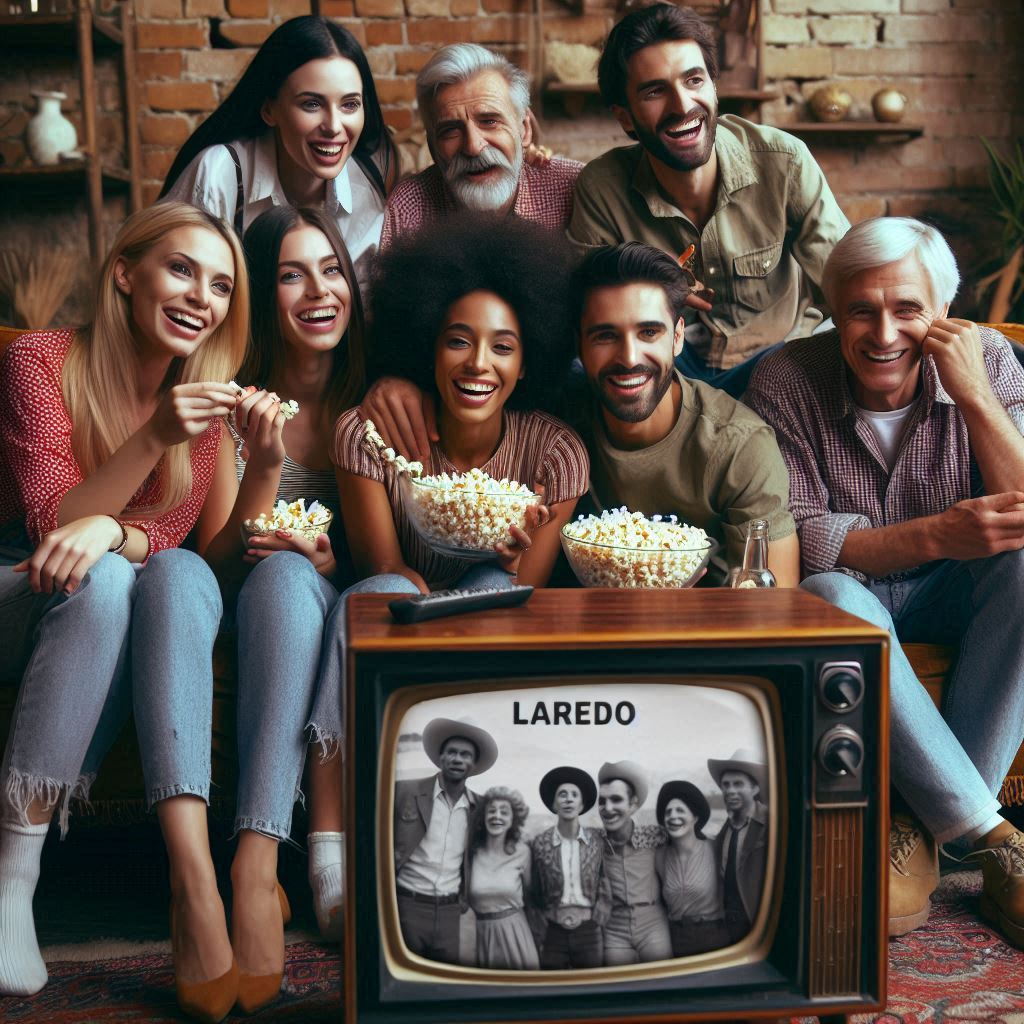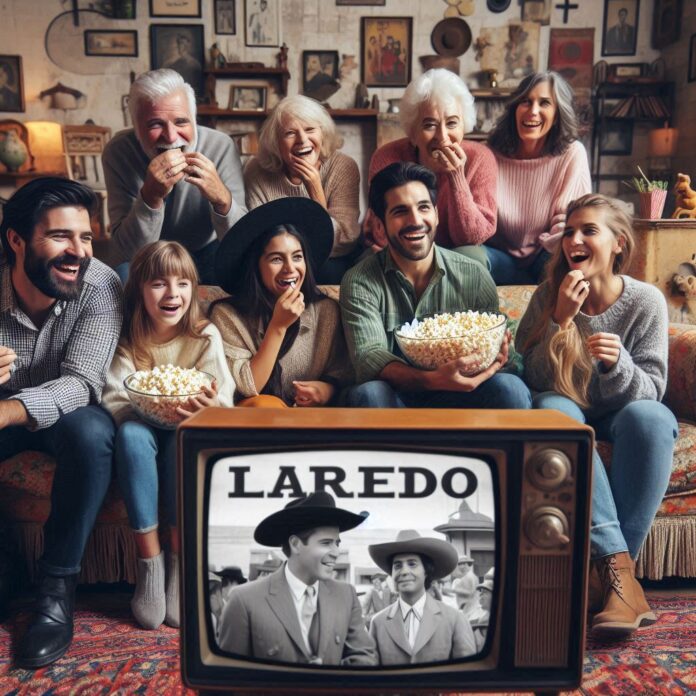what made the Laredo TV Show special in old times through this nostalgic journey into its characters, storylines, and impact on television history!
Laredo TV Show: Why Was the TV Show Special in Old Times?
Ah, the Laredo TV Show – a timeless classic that resonated with audiences in its heyday. As we journey back to those old times, we explore why this show wasn’t just another western series, but a beloved cultural phenomenon. Join me as we unravel the charm, the drama, and the significance that made Laredo a standout in television history.

What Made Laredo TV Show Special?
In the vast expanse of television’s western genre, Laredo carved out its unique place. Let’s delve into what set it apart and why it remains cherished by fans and critics alike.
The Characters: Larger Than Life!
Laredo boasted a cast of characters who weren’t just cowboys but became icons in their own right.
- Ranger Chad Cooper: The charismatic leader whose quick draw and quicker wit kept viewers glued to their screens.
- Ranger Joe Riley: The heartthrob with a knack for getting into trouble (and out of it just in time!).
- Ranger Reese Bennett: The stoic counterpart whose calm demeanor hid a sharpshooter’s precision.
- Ranger Erik Hunter: The rookie with a lot to prove, bringing youthful energy and naivety to the group.
These characters weren’t just roles; they were friends who rode into living rooms every week, each with their quirks and qualities that endeared them to audiences across the nation!
Storylines That Pulled You In
What’s a great show without gripping stories? Laredo didn’t disappoint in this department. Week after week, viewers were treated to tales of bravery, justice, and sometimes even a touch of humor amidst the dust and danger of the Old West.
- Episodic Adventures: From foiling bank robbers to dealing with renegade outlaws, each episode brought fresh challenges that kept the Rangers on their toes.
- Character Development: Beyond the action, Laredo delved into the personal lives of its characters, revealing their fears, dreams, and the bonds that held them together.
- Social Issues: Surprisingly progressive for its time, the show tackled themes of racial equality and justice, offering a nuanced perspective amid the backdrop of the Wild West.

The Chemistry: Like Family On-Screen
Chemistry isn’t just for test tubes – it’s what made Laredo’s ensemble cast click. The camaraderie between the Rangers wasn’t just acting; it was a reflection of the genuine friendship and respect shared off-screen.
- Banter and Wit: The witty exchanges and playful jabs between characters added layers of authenticity and humor to the show.
- Team Dynamics: Whether facing danger or sharing a laugh around the campfire, the Rangers exemplified teamwork and loyalty, showing viewers the power of standing together.
Impact on Television History
Laredo wasn’t just a hit – it left an indelible mark on television history. Here’s how it shaped the landscape of TV during its time and beyond.
- Cultural Influence: The show contributed to the enduring popularity of the western genre, inspiring a new generation of storytellers and viewers.
- Representation: With a diverse cast for its era, Laredo broke barriers by showcasing characters from different backgrounds working together towards a common goal.
- Legacy: Even decades later, Laredo remains a benchmark for ensemble casts and character-driven storytelling, influencing subsequent TV series in various genres.
FAQs About Laredo TV Show
Curious about more details? Here are some frequently asked questions about the Laredo TV Show, answered!
Q: When did Laredo first air on television?
A: Laredo premiered on television in 1965, captivating audiences with its unique blend of action and humor.
Q: Who were the main actors in Laredo?
A: The main cast included Neville Brand as Chad Cooper, Peter Brown as Joe Riley, William Smith as Reese Bennett, and Philip Carey as Erik Hunter.
Q: What made Laredo different from other western TV shows?
A: Laredo stood out due to its ensemble cast, character-driven plots, and progressive themes, setting it apart from traditional westerns of its time.
Q: How many seasons did Laredo run for?
A: Laredo ran for two seasons from 1965 to 1967, comprising 56 episodes that continue to be enjoyed by fans worldwide.
Q: Where was Laredo filmed?
A: The series was primarily filmed at Universal Studios in Hollywood, California, utilizing iconic western sets that added to its authentic frontier atmosphere.
As we conclude our journey into the world of Laredo, one thing becomes clear: this TV show wasn’t just a fleeting entertainment but a testament to the power of storytelling and character dynamics. From its memorable characters to its impactful narratives, Laredo remains etched in the hearts of those who grew up watching it and continues to captivate new audiences discovering its timeless appeal. So, why was the Laredo TV Show special in old times? It wasn’t just a show; it was a frontier adventure that became a part of television history, leaving behind a legacy that still resonates today.
